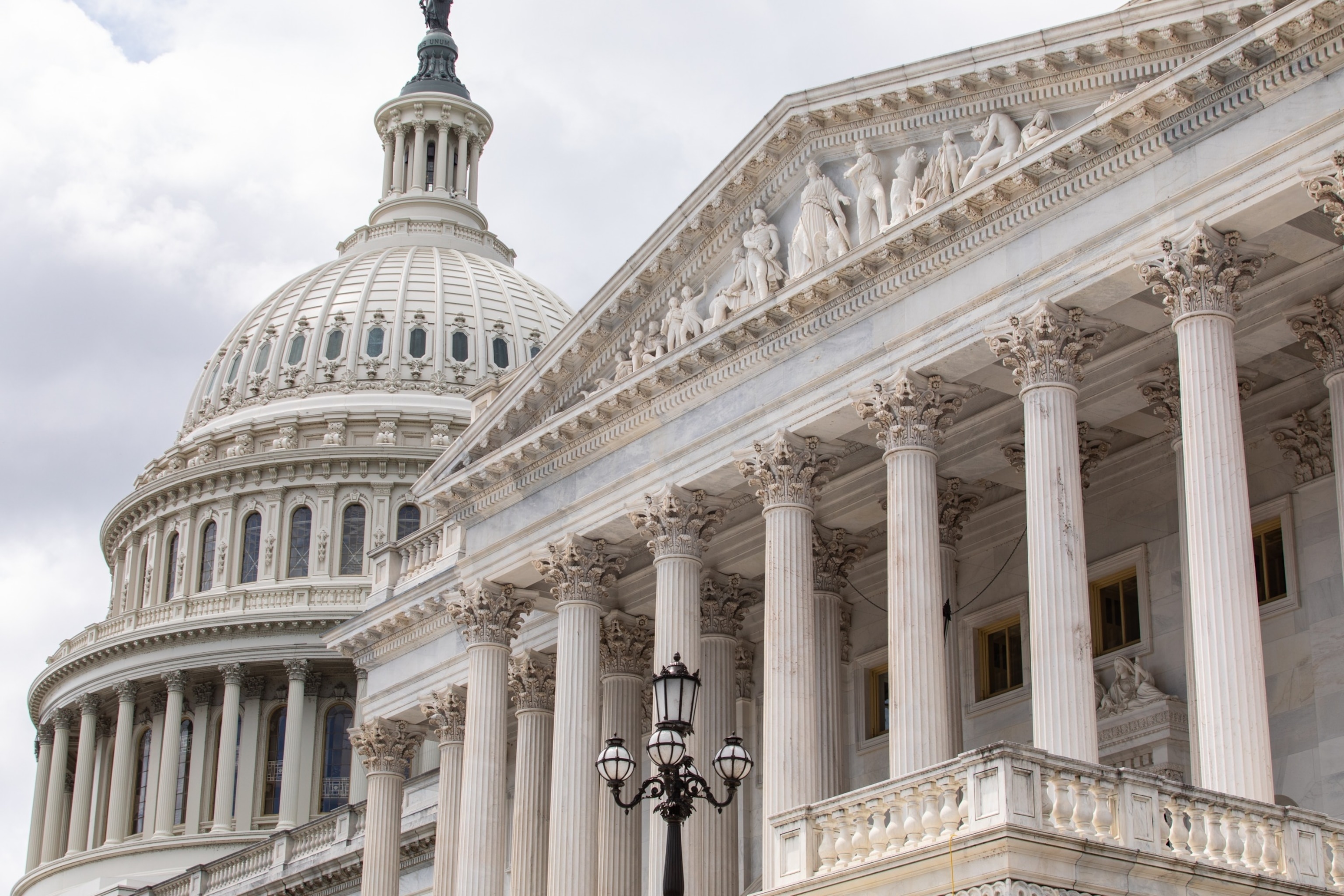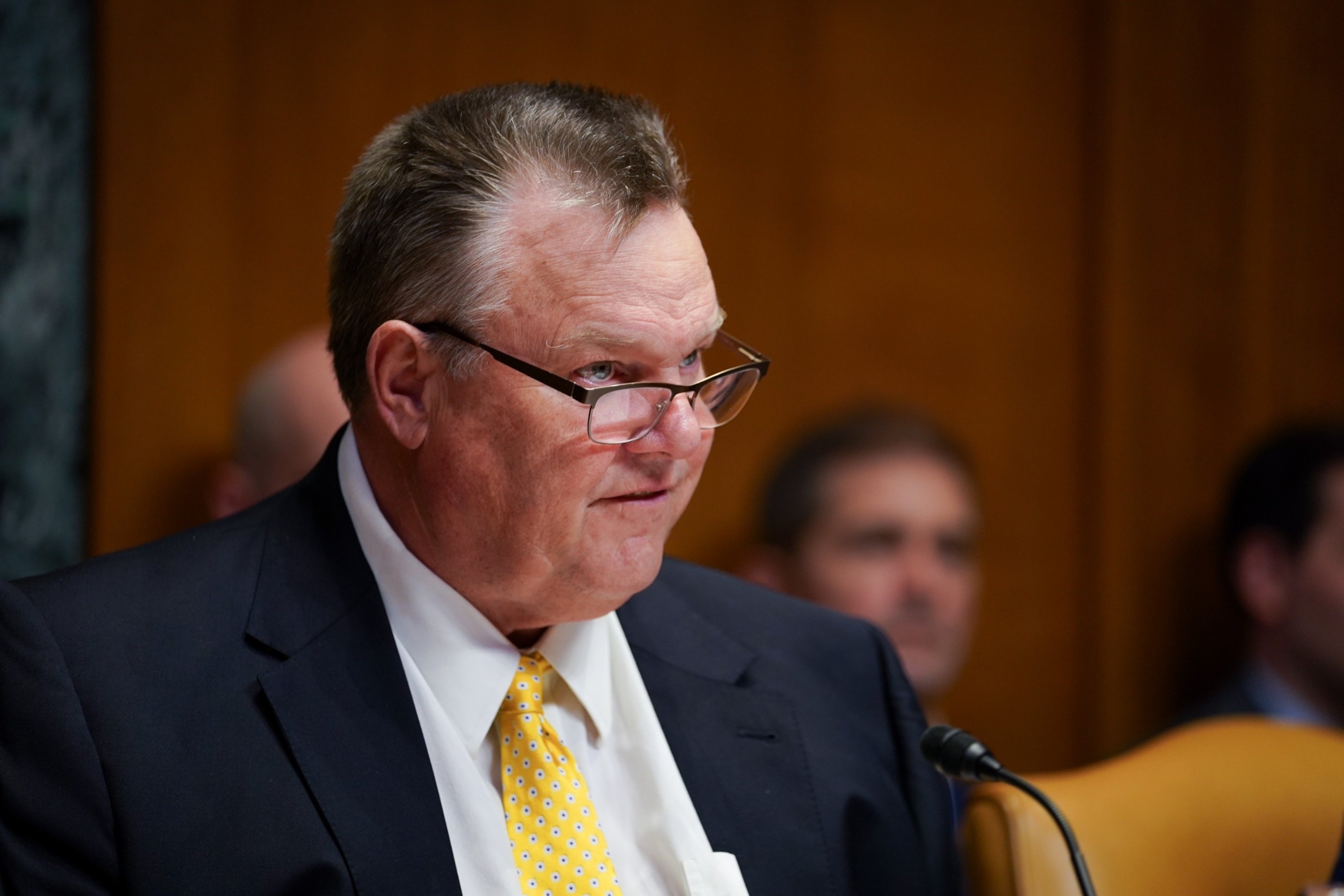Nearly every Democrat running in the competitive 2024 Senate elections this year supports reforming or eliminating the filibuster in the chamber. But Republicans will win a majority in the Senate next year, leading some Democrats to view the 60-vote rule as a key tool to block their condemnation agenda.
Democrats and Capitol Hill activists told ABC News that the candidates risk engaging in a filibuster amid liberal concerns that a possible Republican Senate majority next year will push restrictions on abortion, voting rights and more, and nothing but rules mystery that stops them if Republicans win the trifecta in Washington this November.
The 60-vote threshold, a procedural rule that requires a supermajority to start or end debate on most legislation before a final vote, has long been touted as a way to encourage bipartisanship in an increasingly bitter Senate. Over the years, however, both parties have reduced the time they have to gain a majority to more easily achieve their priorities: Democrats eliminated it for votes on federal district and circuit court nominees, and Republicans eliminated it for Supreme Court races in 2017. .
And while the Senate’s Republican leader, Mitch McConnell, and his potential successors all support keeping vestiges of the filibuster intact, Democrats are less willing to take them at their word.
“I hope everyone will open their eyes and realize that it is very likely that Republicans will lead the Senate in the next Congress. again and maintaining Democratic control of the Senate, it will happen eventually,” said John LaBombard, a former aide to Sens. Kyrsten Sinema, I-Ariz., and Jon Tester, D-Mont., two defenders of the filibuster.
“And it wasn’t Mitch McConnell [as leader]. This will likely result in more extreme Republican leaders having more extreme legislation and less interest in protecting the filibuster as a tool for building consensus in the body. So, I see a lot of danger here.”

The United States Capitol is seen on Capitol Hill on August 6, 2022 in Washington, DC.
Anna Rose Layden/Getty Images, FILE
These concerns are heightened this year with the 2024 Senate map, which sees Democrats retaining seats in red and purple states like Montana, Ohio, Pennsylvania, Arizona, Nevada, Michigan, Wisconsin and more. Meanwhile, Republicans are not defending vulnerable incumbents.
Despite the prospect of a change in power in the Senate next year, Democratic candidates remain opposed to the filibuster.
Democrat Elissa Slotkin, who is running for the open Michigan Senate seat, said she is “loud and proud on reforming the filibuster.” Sen. Sherrod Brown, a Democrat fighting for his political life in Ohio, supports ending the filibuster, with a particular focus on the PRO Act, a pro-labor bill. Angela Alsobrooks, who is running against popular former two-term Republican Gov. Larry Hogan in Maryland, said last month that she would “vote to eliminate the filibuster.”
And a number of other candidates support creating a policy regarding the filibuster, meaning the 60-vote rule would largely remain in place except for bills Democrats want to pass on issues such as codifying abortion access.
Tester, the Senate’s most endangered member, opposes eliminating the filibuster and has not voted to do so. He has voiced support for instituting a “talking filibuster,” or requiring opponents of a bill to appear in the Senate to voice their objections as a way to block the bill’s passage. He voted in 2022 to implement the rule to help pass a voting rights bill, an effort that failed.

Senator Jon Tester, a Democrat from Montana and chairman of the Senate Appropriations Subcommittee on Defense, during a hearing in Washington, D,C., May 8, 2024.
Allison Robbert/Bloomberg via Getty Images, FILE
Massive support for reform or eliminating elections is something some Republicans have warned could be leveraged in a future Republican Senate majority.
“I’m concerned about the potential precedent this sets and will make it easier for Republicans to have fewer restrictions when they have a majority in the Senate,” said one Democratic pollster.
“I think you could point to these people, who are now in a different position, and make it a hypocrisy argument and highlight how ‘the Democrats supported it when they were in the majority, but now they don’t support it.’ have power, they suddenly oppose it.'”
Republican leaders sought to allay concerns over their filibuster plan, arguing they are in no rush to completely roll back the rule.
McConnell has said he supports its implementation in most of the legislation, and the offices of Sens. John Cornyn, Rick Scott and John Thune – the three lawmakers vying to replace him as party leader – confirmed to ABC News that they agree.
However, Democrats expressed skepticism that Republicans would stick to their guns, citing former President Donald Trump’s repeated calls to eliminate the filibuster when he was president and its influence on Republican members of Congress.
The Trump campaign did not immediately respond to a request for comment on the former president’s current views on the filibuster.
And next year, the Republican agenda could include things like a 15-week abortion ban, proposed by Sen. Lindsey Graham, voting restrictions, a crackdown on immigration and more – all of which Democrats can’t stop if Republicans take control . The White House, House of Representatives and Senate are without the filibuster.
“This could come back and hurt you if the other side decides they’re going to act quickly,” said Jon Reinish, a Democratic strategist and former aide to Sen. Kirsten Gillibrand.
However, Democrats explained to ABC News that the message could offer candidates an opportunity to communicate on issues that are important to their base.
“This is a means of saying, ‘I support choice, I support democracy. So, if you elect me to the Senate, I will be a pro-choice senator or I will be a pro-democracy senator, and this is just one clear way that I can cast my vote to do that,’” said one Democratic Senate staffer, who was not authorized to speak publicly. “It makes sense for them to take that position so that they continue to beat the drum on the issues that are front and center.”
The aide also dismissed the prospect that, if push came to shove, there would be 50 votes in the Democratic majority to change the filibuster, given past noise from moderates about rule changes.
And other Democrats dismissed concerns that the candidates would be locked into a race, noting the long-standing tradition of lawmakers in Washington reneging on their promises and the vast difference between the policies Democrats would pursue without a filibuster and those Republicans would push.
“I thought this debate would reach a dead end, but there is a way out. For every 100 people elected promising term limits and serving only 12 years, 98 people lie, and two of them do it. So, I just think there’s a way out,” said Jim Kessler, co-founder of Third Way, a center-left think tank, and a former aide to Senate Democratic Leader Chuck Schumer.
“Let’s say you’re one of the activist organizations pushing for that, and Donald Trump wins, and the Republicans have the trifecta, and there’s a vote to eliminate the filibuster. They won’t punish you because you didn’t do it. “I wouldn’t vote for him because they would be so scared of what Donald Trump would do to him,” Kessler added.
Even if Democrats can get away with possible inconsistencies in the filibuster, defenders of the rule deplore the message some candidates are sending.
“One of the unfortunate realities of politics today is that consistency in policy views is no longer the good thing it once was,” LaBombard said. “All of these things are very objectionable and dangerous policies for us, if these people are ideologically consistent, they will side with future Republican majority leaders to make such policies easier to pass.”
#Democrats #risk #engaging #filibuster #Sources